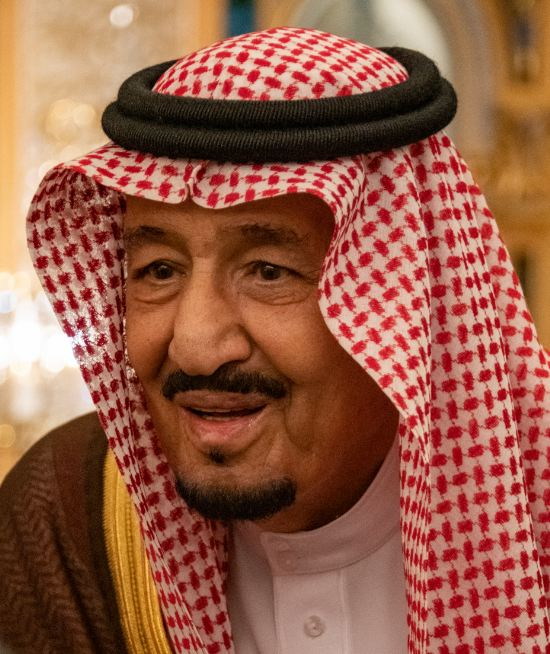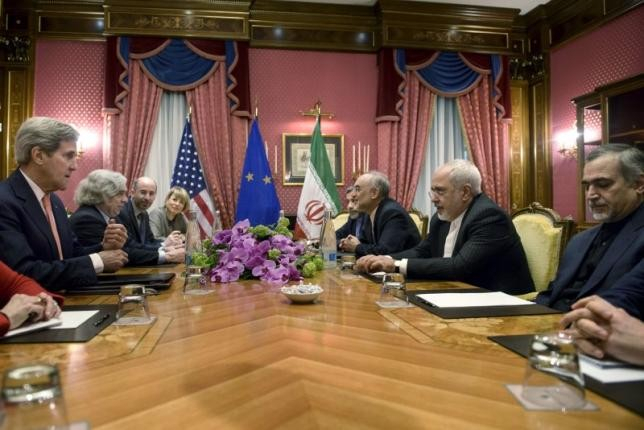Saudi Arabia's King Salman bin Abdulaziz Al Saud asked the world to stand united and prevent Iran from developing nuclear weapons after the International Atomic Energy Agency (IAEA) said Tehran is steadily increasing its stockpile of low-enriched uranium.
Salman also accused old foe Iran of interfering in other countries' affairs, encouraging terrorism and promoting sectarianism in various parts of the world. "The kingdom stresses the dangers of Iran's regional project, its interference in other countries, its fostering of terrorism, its fanning the flames of sectarianism and calls for a decisive stance from the international community against Iran that guarantees a drastic handling of its efforts to obtain weapons of mass destruction and develop its ballistic missiles programme," the king said.

King Salman's attack on Iran came even as Joe Biden is preparing to take charge in the US. Biden's ascendancy in the US does not augur well for Riyadh, which had received generous patronage under President Donald Trump. The Republivan president was tough on Iran, and had withdrawn from the 2015 nuclear deal between Iran and the world powers. However, when Biden comes to power, the focus will be back on rekindling the nuclear deal with Iran.
Salman is probably wary of the fact that Riyadh may not continue to get unstinted support from Washington under the new dispensation. Saudi Arabia enjoyed Trump's support as it navigated the global furore over the killing of dissident journalist Jamal Khashoggi at its consulate in Turkey. It also counted on the full support of the US as it engaged in proxy war with Iran in Yemen. The dynamics might change slightly when Biden comes to power.
Meanwhile, the IAEA said in its latest report that Iran now has a stockpile of 2,442.9 kilograms of low-enriched uranium, up from 2,105.4 kilograms reported on August 25.

Under the terms of the 2015 nuclear deal, Iran can keep a stockpile of only 202.8 kilograms of enriched uranium. With the US pulling out of the nuclear deal and the introduction of new sanctions, Tehran adopted an aggressive stance probably in a bid to force the world powers to get the US back on the deal.
According to the IAEA, Iran is also enriching uranium to a purity of up to 4.5 percent, higher than the 3.67 percent allowed under the terms of the nuclear deal. "A full and prompt explanation from Iran regarding the presence of uranium particles of anthropogenic origin... at a location in Iran not declared to the Agency, is needed," the IAEA said.
Last month the IAEA said Iran was short of 'significant quantity' of potential bomb material. By 'significant quantity' IAEA means the ballpark amount of nuclear material with which the making of a nuclear explosive device cannot be excluded. The statement made it clear that Tehran has made advances in pursuit of its alleged clandestine nuclear weapons program.
Iran has consistently argued that its nuclear is purely for energy purposes and that it is not in pursuit of a nuclear weapons program.
Tehran has not yet responded to the latest criticism of King Salman.








